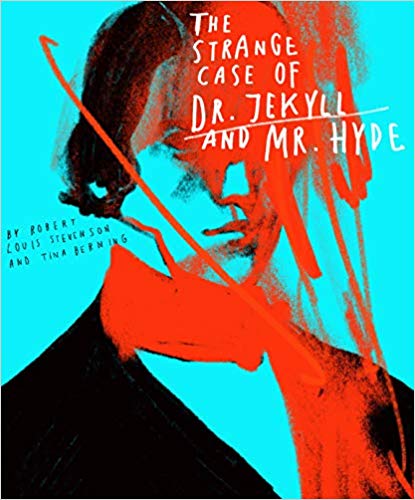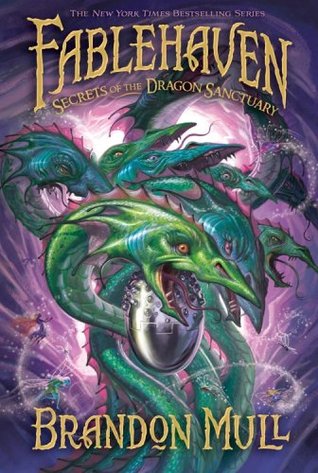[button color=”black” size=”big” link=”http://affiliates.abebooks.com/c/99844/77798/2029?u=http%3A%2F%2Fwww.abebooks.com%2Fservlet%2FSearchResults%3Fisbn%3D9781406835083″ target=”blank” ]Purchase here[/button]
The middle book of the Bastables trilogy once again proves Edith Nesbit to be a world-class humorist with a special touch for depicting the way children speak, feel, and behave. Another set of summer-holiday misadventures proves so side-splittingly funny, it’s like discovering the British Mark Twain. And though there is no actual magic going on, as in so many of Nesbit’s beloved books, the children make amazing things happen with their imagination, their sense of play, and their extraordinary talent for getting into trouble.
It all starts with the best of intentions. Having been sent away to Albert’s uncle’s house in the country, to get them away from the Blackheath mansion of their “Indian uncle” after a particularly disastrous game of Jungle Book, the six Bastable children find all kinds of wild and woolly things to do in the Kentish farm country. Dora, Oswald, Dicky, Alice, Noël, and H. O. are joined by Denny and Daisy Foulkes, the children of their father’s business associate, in a “Society of Wouldbegoods” that hopes to shape up their character by doing good deeds. But their childish way of looking at things, and their perverse inability to “mind their own business,” leads them to be rather naughtier than otherwise!
What good works do the wouldbegoods try? They try to erect a tombstone to memorialize a neighbor-lady’s son, shot down on a faraway battlefield. They fall prey to a scoundrel who locks them in a tower and demands money of them. They wreak havoc on the waterways by tampering with a river lock, damming a river (while playing at being beavers), and trying to control an indoors flood. They “adopt” a baby seemingly lost or abandoned. They get in trouble over a dead fox, a soft drink stand, and (my favorite chapter) an attempt to have a circus using untrained farm animals as talent. There’s also a silly military adventure, a make-believe pilgrimage, and a bit of romantic matchmaking to round off the summer.
With so many children to keep track of, it would be easy to lose sight of some of them and not be able to tell them apart– but not in Nesbit’s hands. Each of the eight children stands out in his or her own way, and they are all lovably silly and at the same time admirable. They take on ridiculous airs– especially Oswald, our narrator– but they also aspire to nobility of character, and in their cracked way they achieve it. They are vulnerable, yet full of fun and bursting with ideas. When their escaped “learned pig” leads them into the middle of a missionary society’s tea party, a little girl who lives in the house speaks for me (and, I think, nearly anyone else who would read this book)– I do wish I could play like that, though perhaps it is better heard about than done!
In a way, perhaps these children are an adult’s worst nightmare. But even the adults who are so often at their wits’ end over them, seem to love them dearly; and this is quite understandable. One theme the book touches on is that the more you try to be good, the more appealing naughtiness becomes; and if you simply take what comes and do your best, you will often do better than if you made up your mind in advance to try and do good.
Another theme that goes right to the heart of the Book Trolley and its purpose, is to demonstrate that books that are fun to read (or have read to you) stand a better chance of influencing your character than books of the “Sunday School” variety that are preachy and moralistic. Great adventures, like The Three Musketeers and The Last of the Mohicans, capture the imagination of children like the Bastables and their little friends– though the Foulkes’ “Murdstone aunt” may not approve– and allow them to be children. And maybe that’s more to the purpose of helping them grow up into good adults than stifling their imagination and forcing them to haunt a restricted world of literature and pretend-play. I call E. Nesbit to witness in words from this book:
“I do not dislike Daisy, but I wish she had been taught how to play… .
“I talked to Albert’s uncle about it one day… and he said it came from reading the wrong sort of books partly– she has read Ministering Children, and Anna Ross, or the Orphan of Waterloo, and Ready Work for Willing Hands, and Elsie, or Like a Little Candle, and even a horrid little blue book about the something or other of Little Sins. After this conversation Oswald took care she had plenty of the right sort of books to read, and he was surprised and pleased when she got up early one morning to finish Monte Cristo. Oswald felt that he was being really useful to a suffering fellow-creature when he gave Daisy books that were not at all about being good.”
For futher adventures of the Bastable children, be sure to look up The Story of the Treasure Seekers and New Treasure Seekers. These books seem to be going out of print (again). This is too bad, and I mean that in the original literal sense that you may rediscover by reading these books. Try your library or a used book dealer if you cannot get hold of these wonderful stories. But don’t wait for your teacher to read this book aloud to you, because there are little “politically incorrect” moments in it that could finish a public-school teacher’s career. All the more reason to seek these books out, you free-thinking rebel, you!


